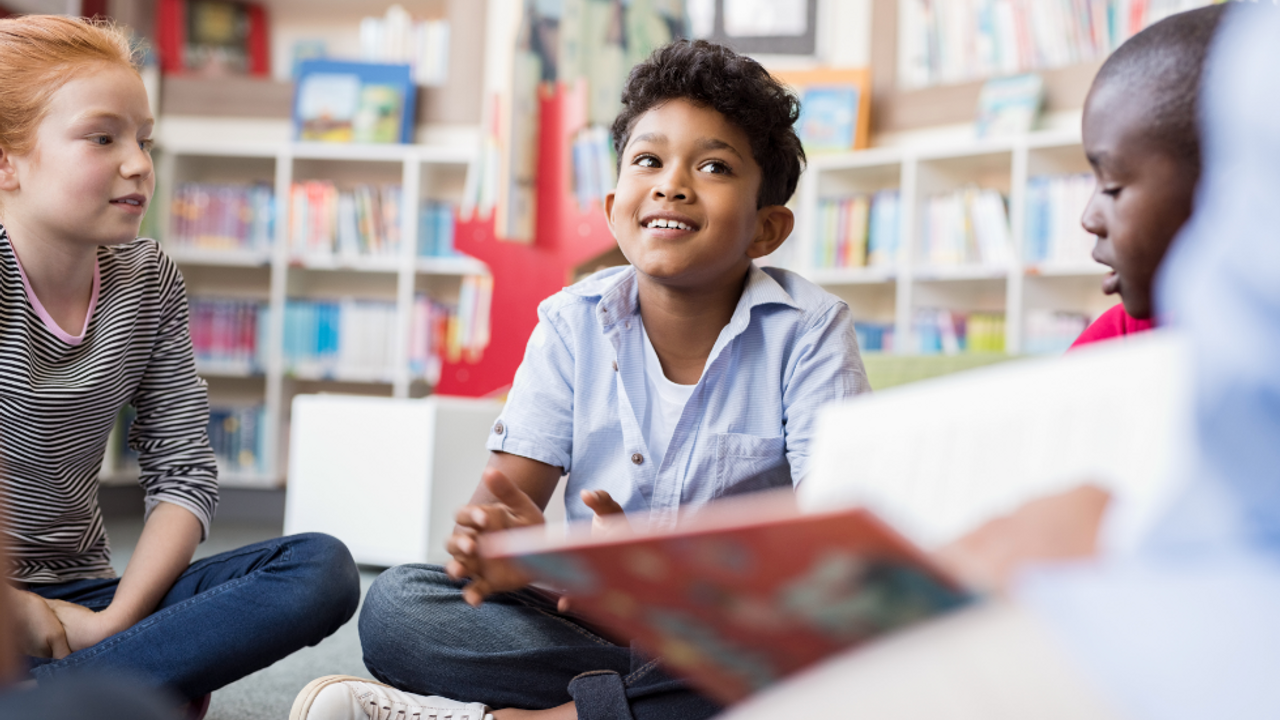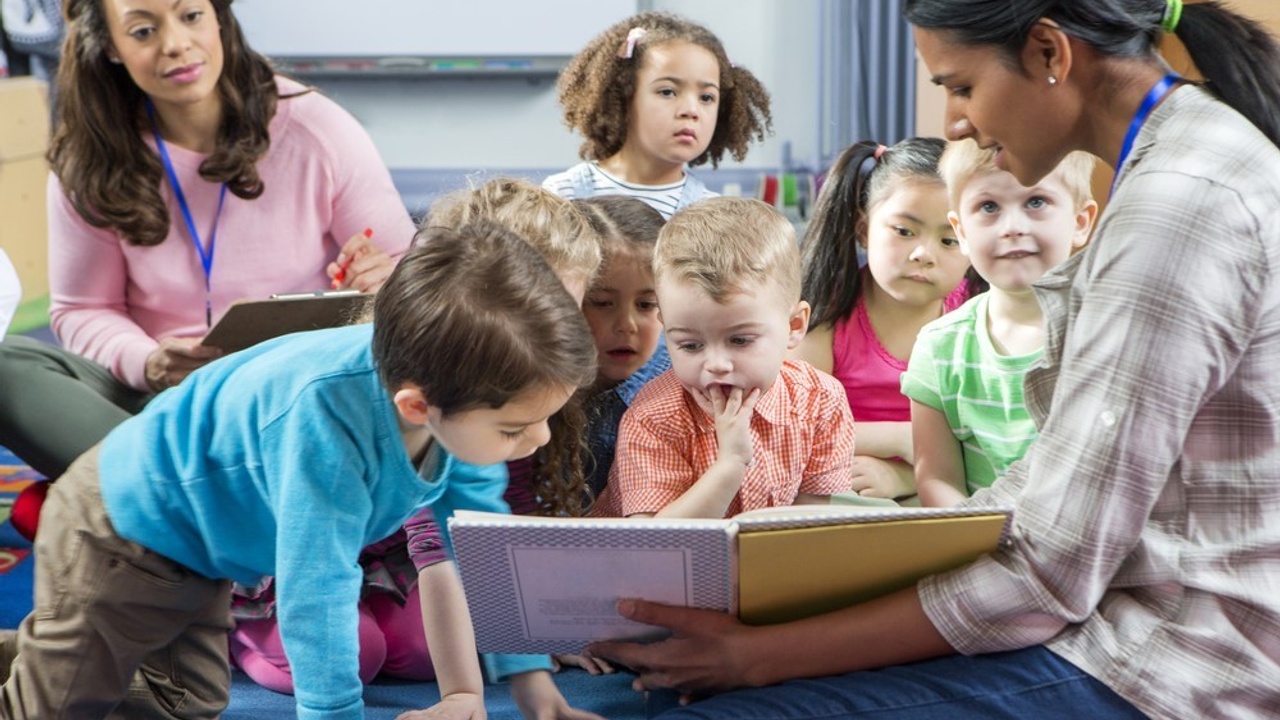by Dr Jeremy Koay
A LIMITED VIEW
As a young child, my mother would spend time reading graded readers with me. This is what it looks like. I would read aloud from a book and my mother would ‘correct’ my pronunciation. At primary school, I was sometimes asked to read a passage to my classmates
...








